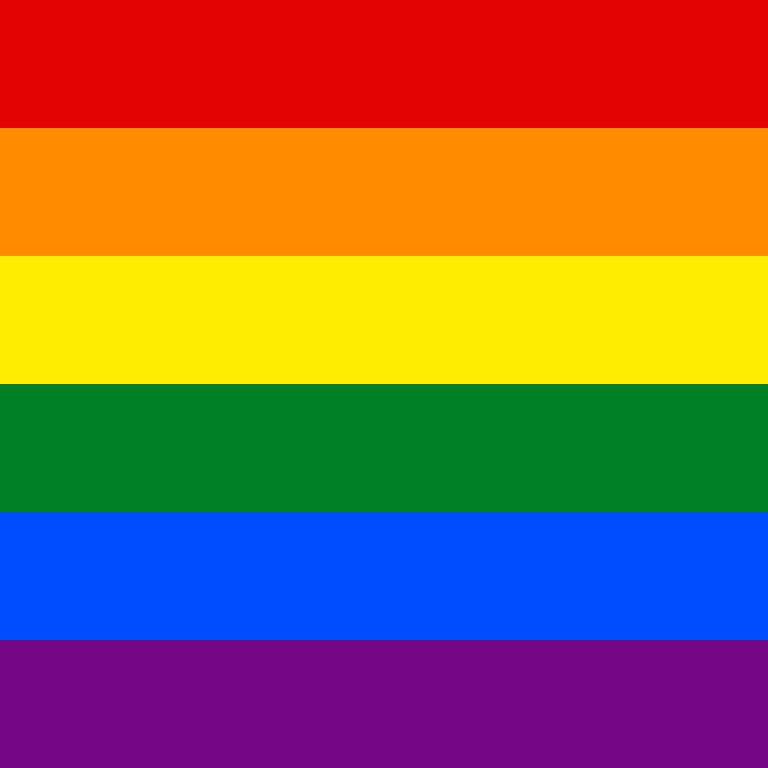WeChat has deleted dozens of LGBTQ accounts, suppressing countless voices in the process. Worries of a tougher crackdown on LGBTQ activity in the country have arisen. Moreover, this has sparked outrage in the country over the government’s handling of China’s sexual and gender minorities.
The student-run accounts on WeChat were vibrant online communities for sexual minorities and great forums for discussions. The accounts belonged to students at some of China’s most prestigious universities, including Beijing’s Peking University and Tsinghua University, as well as Shanghai’s Fudan University.
Error messages began popping up when WeChat users tried accessing their blocked accounts. The error notification read, “relevant complaints” led to the blocking and termination of these accounts. According to a Reuters report, these accounts received further notifications stating that their accounts had breached public information services laws on the internet in China. WeChat’s accusations of violations make this seem like an organized crackdown on LGBTQ voices.
Therefore, this coordinated “campaign” raises the prospect of LGBTQ rights abuses in China and abroad. Right now, outraged communities simply see this as just another state-sponsored assault on the civil liberties of people. Thus, LGBTQ rights campaigners went to social media to condemn WeChat’s abrupt cancellation of these accounts.
China’s tryst with Homosexuality
The crackdown on WeChat elicited a slew of furious comments on Chinese social media. The general public feels that the epoch is slipping backward. Many people dread losing their liberties and freedoms as China transforms (apparently for the worse).
While homosexuality in China is still seen as a threat to conventional society, over the years there has been some progress. China decriminalized homosexuality in 1991 and removed it from its official list of mental disorders in 2001. Unfortunately, same-sex marriages are still illegal in the nation. LGBTQ people continue facing prejudice, discrimination and intolerance in both personal and professional contexts.
As per Vice, in recent years, the heavily restricted Chinese internet has gained a level of affinity towards homophobic remarks. While the state does not openly condone homophobic beliefs. Homophobic content and ideas always acquire acceptance and tolerance online. This is because many Chinese people connect LGBTQ ideas with Western ideology. Thus, community members, sympathizers and activists are accused of collaborating with “foreign forces” to undermine China and its ideals.
Recently, after facing growing pressure from local authorities, Shanghai Pride, China’s longest-running and the only significant yearly celebration of sexual minorities, unexpectedly announced its closure last August. However, things are indeed changing (for the better).
A Better Future?
Even though the WeChat account closure was unexpected, it angered a sizable section of the Chinese populace. Given the recent shift in social attitudes among Chinese people, the broad reaction is unsurprising, especially among the younger generation. China’s population has become more accepting of LGBTQ rights, stated a 2020 Statista Research. Furthermore, 94 percent of LGBTQ persons are under the age of 34, and 51 percent have a bachelor’s degree or above, indicating financial independence.
Therefore, when it comes to key civil freedoms, digital companies like WeChat must recognize that they can no longer blindly follow government directives.




Warning: Use of undefined constant ‘url’ - assumed '‘url’' (this will throw an Error in a future version of PHP) in /var/www/html/wp-content/themes/theissue/functions.php on line 143
Warning: Use of undefined constant ‘url’ - assumed '‘url’' (this will throw an Error in a future version of PHP) in /var/www/html/wp-content/themes/theissue/functions.php on line 143